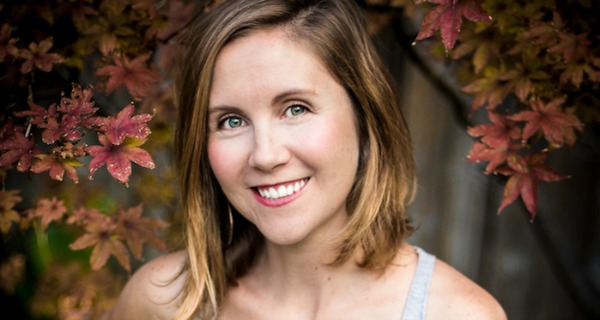
We recently caught up with Courtney Morgan, one of our newest Lighthouse instructors, to talk about her writing experience, the appeal of speculative fiction, and why it's so hard to put together a short story collection.
Tell us about yourself!
I’m a Colorado native, and while I’ve lived abroad in the Caribbean and in France, I always seem to find my way back to my mountain home. I have an eight-year-old son who is my light and also keeps me on my toes. I’ve been writing my whole life and decided to leave the marketing track five years ago to pursue writing in earnest. I completed my MFA at the University of Colorado, Boulder, where I also taught creative writing workshops for the past five years. During my MFA. I wrote my thesis, which eventually (several iterations later) became my story collection, The Seven Autopsies of Nora Hanneman. The book was a semi-finalist for the FC2 Innovative Fiction Prize and is forthcoming from FC2 Press this March.
You're teaching a class on speculative fiction this session. What interests you about it?
As far out as speculative fiction can get, I believe its function is still to describe and evoke the known world, some element of our experience as humans on this earth—but it uses different avenues than, say, psychological realism to do so. What I find most interesting and also generative about the genre is that it can access a whole host of metaphors and imaginative scenarios to accomplish the same work (or goals) as realistic fiction. Speculative fiction is more open to imagination and play, but not more closed to intellectual thought and analysis. Which gives us a lot of room to muck around in.
In the spring, you'll be leading a class on assembling short story collections. What are some of the challenges you've run into there?
When I was putting together my own collection, I hit a point at which I felt really lost and unmoored in how to proceed. I had a handful of stories, and ideas for more, but not a real structure for how they fit together and why. My stories were all over the map genre-wise, and I wanted to be able to make that work, while still finding a sense of cohesion. It took many drafts before I found the elements of unity that were latent in each piece. There are many ways to find unity or cohesion in our work, and with this workshop, I want to explore those options, like voice, theme, character, and place, while we dig into what it is we’re really trying to explore and examine and then figure out how to bring that to the surface to tie our individual pieces together.

